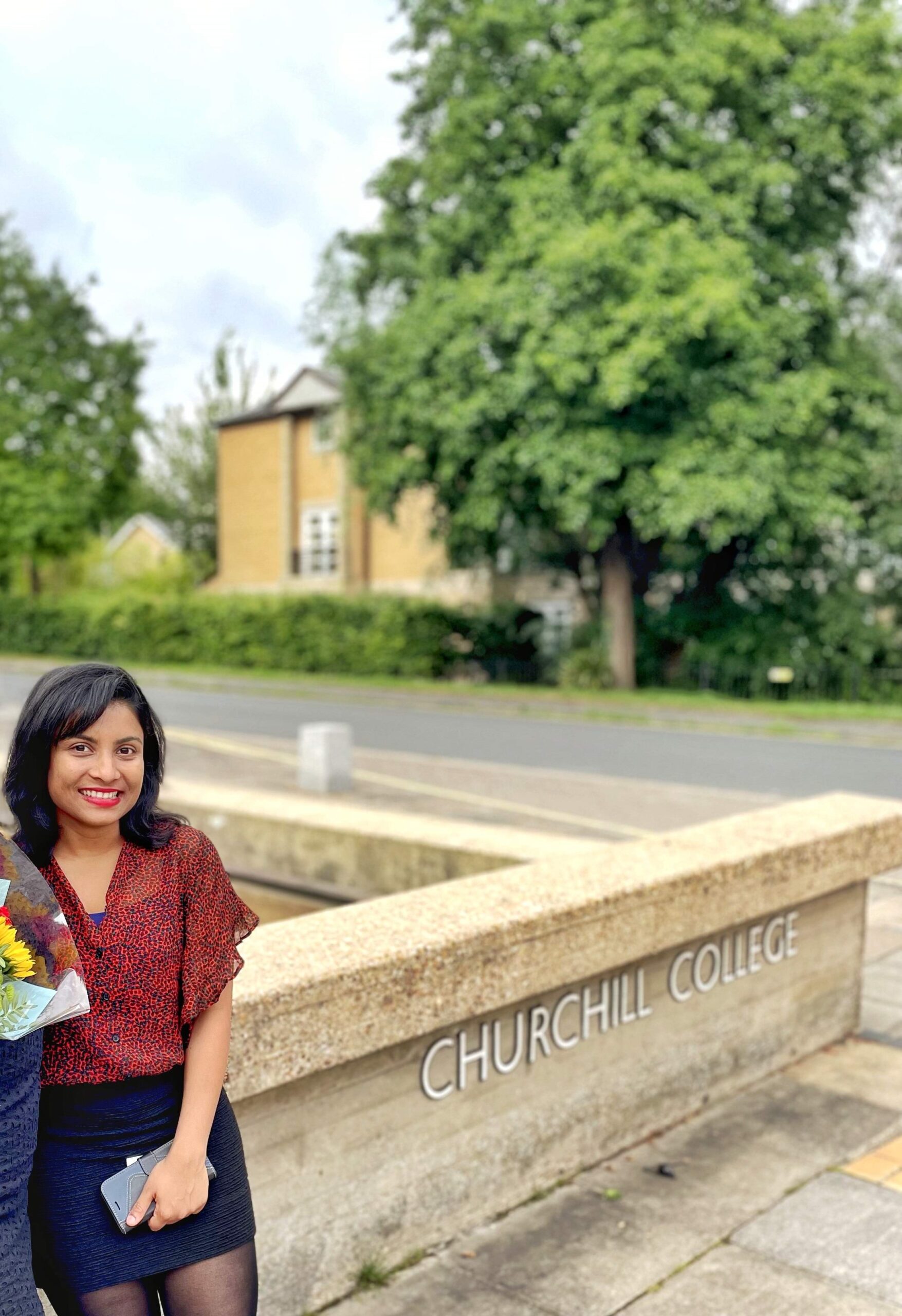Dr Nishanthi Gangadharan
B.Tech (Karunya University, India), MSc (Nottingham), MPhil (Cantab), PhD (Cantab)
Postdoctoral Affiliate

College Roles
- Postdoctoral Affiliate
Contact
Email: ng435@cam.ac.uk

Biography
Dr. Nishanthi Gangadharan completed her Bachelor of Technology in Bioinformatics from Karunya University, India. Dr. Gangadharan was working as a Senior Systems Engineer at Infosys Ltd, when she was awarded the Developing Solutions Masters Scholarship/Allan & Nesta Ferguson Charitable Trust Scholarship from the University of Nottingham for an MSc in Stem Cell Technology. Dr. Gangadharan moved to Cambridge in 2017 to pursue an MPhil by research degree at the Department of Chemical Engineering and Biotechnology, having received a studentship funded by MedImmune (now AstraZeneca), where she developed an integrative framework for knowledge discovery tailored for historical bioprocess datasets using machine learning. Dr. Gangadharan was further awarded a studentship funded by AstraZeneca for a PhD in Chemical Engineering, where she worked with Dr. Duygu Dikicioglu and Prof. Alexander Routh on developing a novel data-driven dynamic control scheme for antibody producing CHO cell cultures in fed batch. Currently, she is based at the Department of Pathology where she works on developing cutting-edge machine learning models and bioinformatics approaches to understand mechanisms through which viral infection causes cancer.
Research Interests
Dr. Gangadharan’s research interests lies at the intersection of engineering and biology. As a research associate in the Boemo Lab, she is working on integrating physiological tissue models with machine learning to understand how genomic instability leads to cancer initiation post-viral infection. The project is funded by MRC, and is a collaboration between four different labs in three different universities. In the past she has worked with large scale systems, such as bioreactors, and developed efficient control schemes by employing machine learning to derive insights from historical bioprocess data.


